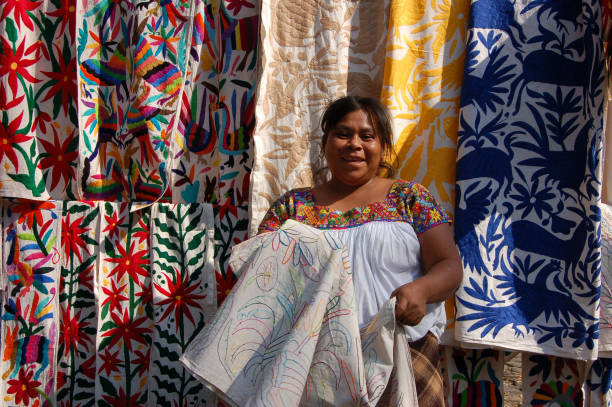Exploring the Diversity of World Countries: A Look at their Culture, History, and People
As humans, we are all unique and different in our ways. No two people are exactly alike, from the color of our skin and the shape of our eyes to the way we think and the things we believe in. These differences can be seen in all aspects of our lives, from our physical appearance to our cultural and societal backgrounds.
Despite these differences, it's important to remember that at our core, we are all human and share many common experiences and emotions. We all experience love, joy, pain, and heartache and have the capacity for compassion and understanding. One way that people differ is in their cultural backgrounds. Culture refers to the shared beliefs, values customs and behaviors and artifacts that characterize a group or society.
It influences how we think, act and interact with others and can be shaped by factors such as geography, history, and religion. For example, in some cultures, it is customary to remove your shoes before entering a home, while in others it is not. In some cultures, it is customary to greet others with a hug or a kiss on the cheek, while in others a simple handshake is more appropriate. These cultural differences can lead to misunderstandings and conflicts, but they can also enrich our lives by exposing us to new perspectives and ways of thinking.
?What is culture
Culture is a multifaceted concept that encompasses the shared beliefs, values, customs behaviors and artifacts that characterize a group or society. It influences how we think, act, and interact with others and is shaped by factors such as geography, history and religion.
There are countless cultures throughout the world each with its unique traditions and customs. These cultures can be seen in how people dress, the food they eat, the music they listen to and how they celebrate holidays and special occasions.
In this blog, we will explore the rich diversity of world cultures, delving into their history, customs, and traditions. We will also examine how culture influences our daily lives and how it shapes our understanding of the world around us.
By learning about different cultures, we can gain a greater appreciation for the diverse perspectives and experiences that exist in the world. This understanding can help to foster respect and understanding between people of different backgrounds and promote a more inclusive and harmonious society.
The world is home to a vast and diverse array of cultures with unique traditions and customs. These cultures can be seen in how people dress, the food they eat, the music they listen to, and how they celebrate holidays and special occasions.
One of the most fascinating aspects of world cultures is the way they vary from one society to another. For example, in some cultures, it is customary to greet others with a hug or a kiss on the cheek, while in others a simple handshake is more appropriate. In some cultures, it is considered polite to slurp your soup, while in others it is seen as rude.
Culture also influences the way we express emotions and communicate with one another. In some cultures it is acceptable to express a wide range of emotions openly while in others it is more common to keep emotions in check. Similarly the way we communicate with others can vary greatly between cultures. In some cultures, direct eye contact is seen as a sign of respect while in others it is seen as a sign of aggression.
In addition to these visible cultural differences, many underlying cultural values and beliefs shape the way people think and act. These values and beliefs are often passed down through the generations and shape the way people view the world and their place in it.
The rich diversity of world cultures is a source of beauty and fascination and it is something that we should all strive to understand and appreciate. By learning about different cultures, we can gain a greater appreciation for the diverse perspectives and experiences that exist in the world. This understanding can help to foster respect and understanding between people of different backgrounds and promote a more inclusive and harmonious society.
In conclusion the world is home to a rich and diverse array of cultures that shape the way we think act and interact with others
By learning about these cultures we can gain a greater appreciation for the diversity of the world and promote a more inclusive and .understanding society






Comments
Post a Comment